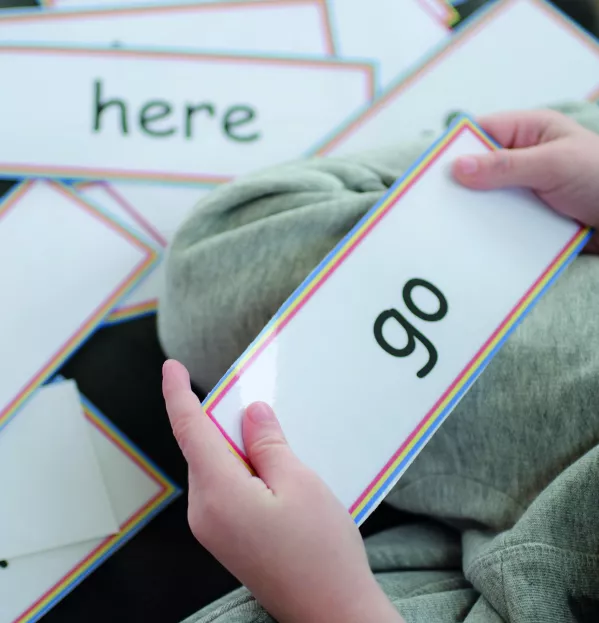On a school visit last year, I met a young lad who told me his plan for the holidays. “I’m going to read my height in books,” he told me excitedly.
It was a wonderful idea, made all the more beautiful because no one was forcing him to do it, there was no prescribed list and there was to be no Instagram Stories chronicle of the feat - just the sheer joy of reading.
People who love reading love to see others who love it, too. It’s something that’s taken for granted by those who do it well.
But for those who struggle, the world is a much-narrowed place. As an adult, reading is a prerequisite to everything from feeding oneself to opening a bank account. Society assumes you can negotiate a world of words to get by.
Some might say this should have been fixed in schools. But it’s much more complex than some children simply slipping through the net. And it’s an issue we need to pay attention to right now. For thousands of children who struggle to read, the curriculum can be tough to access with the full support of a school behind you. For a struggling reader at home, with a parent who may also have literacy issues, it is impossible.
So do we need to get better at teaching reading? The system is geared, via the phonics test, to assume that it is an early years teacher’s job to sort phonics. Sats lead to an assumption that all the other elements should be sorted by Year 6 (and that definition of “sorted” is arguably very, very narrow) and secondary school should see ready readers arriving for Year 7.
As Alex Quigley, national content manager at the Education Endowment Foundation, points out in this week’s cover feature, those assumptions are not just unfair and wrong, they are also highly damaging (see pages 10-15). Teaching reading is the job of every teacher at every level of education. It’s a life skill, and one that is always developing.
But we also need to acknowledge that for some children, we need to find new solutions. A dedicated group of researchers are working with children who find reading challenging and they are striving to find out how to support them. In many cases, we may never know why those children struggle, but what these academics are doing is finding ways to help them nonetheless - finding out what could work for them.
Some ways will challenge notions of the “right” way to teach. For some children, phonics will need to be taught, age appropriately, up into secondary school and perhaps beyond. For some, phonics might not work at all. For another group, those elements of comprehension and fluency deemed to belong in key stage 2 will need to be developed in KS3 and KS4.
And for others, our desire to push the best that has been thought and said through great works of literature won’t be right either.
We like to think of reading as a toolbox: once we teach children how to use the phonics hammer, the comprehension spanner, the fluency saw, they can build their knowledge and technique. But it’s far more complicated. Reading is an emotional, shadowy, amorphous thing. Yes, students should be armed with the tools required to access the written word but we must accept that not all the tools will work for all of the children all of the time and other means may need to be employed.
Most of all, we shouldn’t underestimate reading and we shouldn’t try to oversimplify it. For some children it comes easy and for others it’s really hard. Today, too many will be slipping behind their peers. Too many will see their ambitions curtailed. Reading is wonderful, but let’s get rid of some of the romanticism around it, please. It’s not about navigating the world of your imagination, it’s about navigating real life.
@AnnMroz
